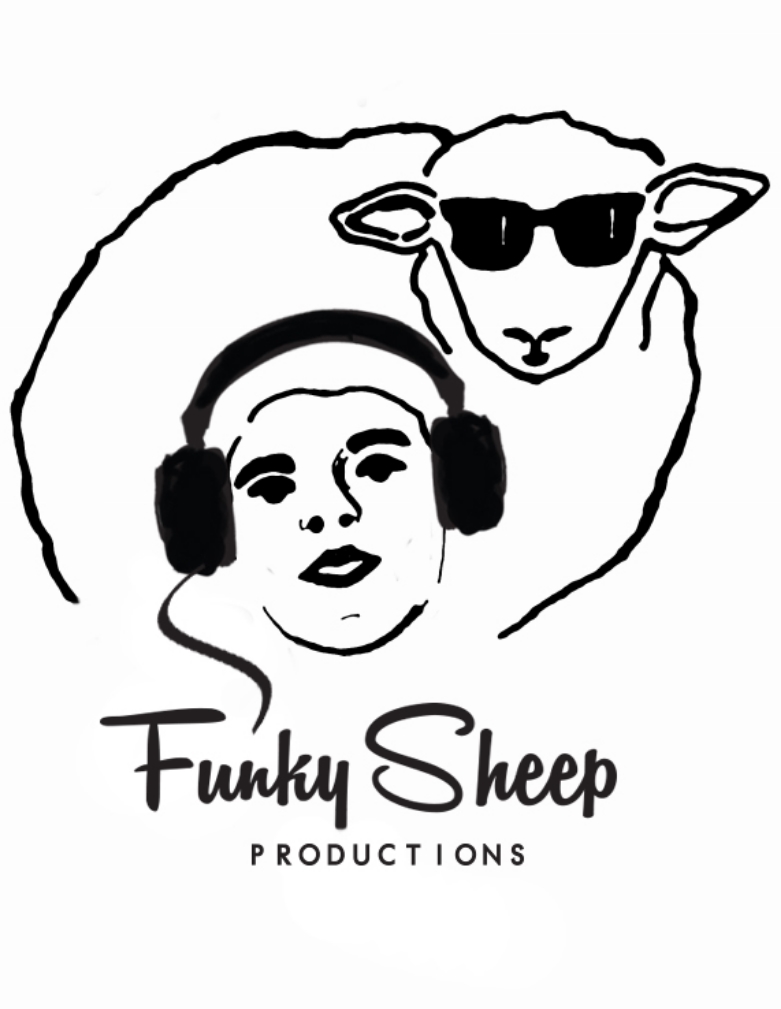Why Funky Sheep?
Funky Sheep Productions (FSP) takes its name from my 11-piece college funk band, Bo Peep and the Funk Sheep. As a founding member, I played keys while also transcribing, arranging and composing songs. I graduated from Skidmore with a degree in music, with a primary focus on audio post production and music technology. FSP is a one-stop solution for your music and sound post production needs.
Why Post Production?
My interest in audio post production began in 2005, when I routinely spent time playing piano for local Alzheimer's patients. Their conditions were so aggressive, many had trouble remembering my name between songs; however, whenever I played certain tunes from their distant past, it would strike an emotional chord, and some would even sing along. The same people who couldn't remember my name for 5 minutes could suddenly recite every lyric to an old jazz tune. It made the hair on my arms stand up, and left a lasting impression.
Music is a powerful aural stimulus which can transcend some neurodegenerative diseases, including Alzheimer’s, as well as neurodevelopmental disorders including Autism. This connection between music and psychology fascinates me. While the mechanism by which music can trigger an emotional response is still largely unknown, it is clear to me that music alters a person’s experience of what they view. Audio post production allows me to seamlessly integrate my interest in psychoacoustics with my passion for music, as it provides an outlet for me to use my creativity to evoke a targeted emotional response from the listener. Optimal post production work results in a concinnity of music and video, as the two complementary art forms synergize in an unparalleled manner.
Fun Fact:
There is now increasing evidence...that [sheep] have highly sophisticated social and emotional recognition skills using faces, voices and smells. They are able to recognize and remember many different sheep and humans for several years or more and appear to have some capacity for forming mental images of the faces of absent individuals.


